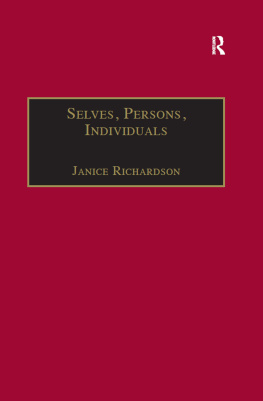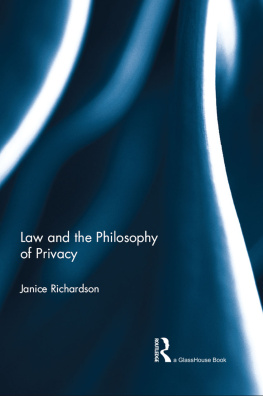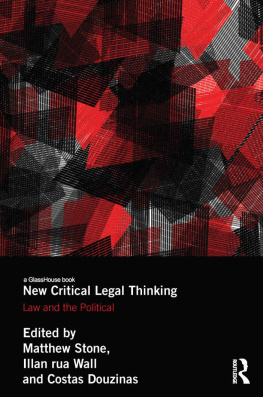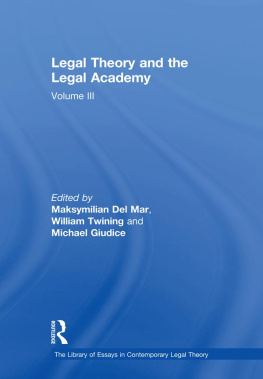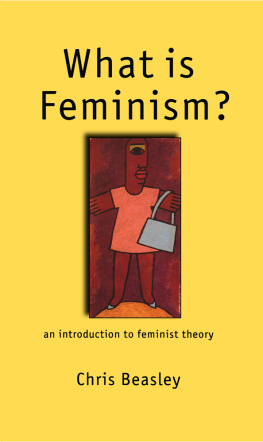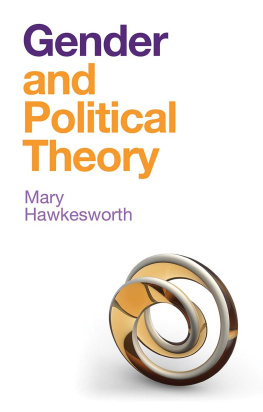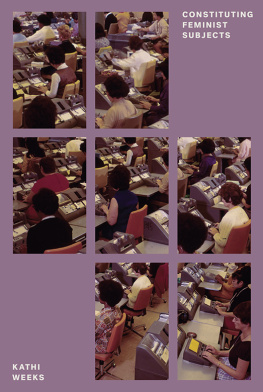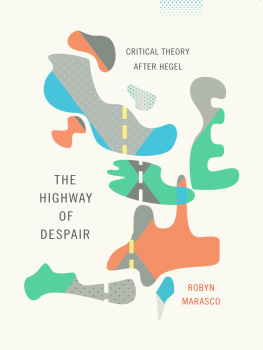SELVES, PERSONS, INDIVIDUALS
Selves, Persons, Individuals
Philosophical Perspectives on Women and Legal Obligations
JANICE RICHARDSON
University of Leicester, UK
First published 2004 by Ashgate Publishing
Published 2016 by Routledge
2 Park Square, Milton Park, Abingdon, Oxon OX14 4RN
711 Third Avenue, New York, NY 10017, USA
Routledge is an imprint of the Taylor & Francis Group, an informa business
Copyright Janice Richardson 2004
The author hereby asserts her moral right to be identified as the author of the work in accordance with the Copyright, Designs and Patents Act, 1988.
All rights reserved. No part of this book may be reprinted or reproduced or utilised in any form or by any electronic, mechanical, or other means, now known or hereafter invented, including photocopying and recording, or in any information storage or retrieval system, without permission in writing from the publishers.
Notice:
Product or corporate names may be trademarks or registered trademarks, and are used only for identification and explanation without intent to infringe.
British Library Cataloguing in Publication Data
Richardson, Janice
Selves, persons, individuals : philosophical perspectives on women and legal obligations
1.Obligation (Law) 2.Feminist jurisprudence 3.Women - Legal status, laws, etc. 4.Women - Identity
I.Title
346.0134
Library of Congress Control Number: 2003063934
Transfered to Digital Printing in 2012
ISBN 9780754623984 (hbk)
ISBN 9781138277489 (pbk)
Contents
I would like to thank Christine Battersby and everyone from Warwick University Feminist Philosophy Society for a fascinating few years. Thanks also to Austin and Ali and everyone who made my life more interesting in the Arts Centre bar and Earlsdon pubs and to Jon Rubin for everything, including the way that you proved that Deleuzians can actually use computers. I am very grateful for the formatting. Thanks also to Tom Huggon and Glenys Rogerson for being around.
The aim of this book is to examine some of the contested meanings of what it is to be a self, a person or an individual in relation to the law of obligations. There is a political issue at stake: a concern with the way in which the question of what it is to be a woman has been problematised within recent feminist legal theory. In order to overcome what appears to be a block in this area, I turn to areas of philosophy that, with some exceptions, are not usually discussed within feminist legal theory. I draw these together from disparate areas of philosophy in support of a new view of selfhood through which to examine both legal personhood and individualism.
An important move in feminist philosophy has been to show that the supposedly neutral, universal terms: self, person and individual, have actually referred to males; male bodies and traditional lifestyles, as the paradigmatic case. In legal theory, the fact that these supposedly neutral terms actually took men as the norm has given rise to, what is known as, the equality/difference debate. The terms of this debate describe a dilemma that is faced by women upon entering political institutions, workplaces and social organisations that were initially made by and for men. They can either gain rights by appearing to be like men or can argue that they should be treated differently. Luce Irigaray,1 amongst other feminist philosophers, has argued that men should not be the neutral measure against whom women are judged. The dilemma posed by the equality/difference debate can therefore be understood as operating in practice, when women enter the male dominated legal profession for example, and within philosophy when theoretical structures are shown to be built upon the assumption that men represent the universal category of what it is to be a self, person or individual.
The dilemma of equality/difference debate has been explored in ways that cut across both theory and practice.2 Scott,3 for example, has traced the way in which the equality/difference problem has dogged feminist activists in French history. She illustrates how the theoretical terms of the debate have changed. Sometimes the faculty of imagination was viewed as important, sometimes it was the ability to reason, but whatever was viewed as the defining characteristic of personhood, it is males who were deemed to be proficient and women as lacking this ability. Scott draws an interesting conclusion, one which provides a challenge to feminist theory and marks the starting point for this book. It is Scotts view that the paradox of womens position, that is summed up within the equality/difference debate, is not one that can be resolved; not even by changing the conceptual framework in which the debate has arisen. It is implicit within the position of feminism as an historical movement. She concludes,
[I]n the case of feminism, the problem that has been deemed so central (equality versus difference) cannot be resolved as it has been posed. But can it be resolved otherwise? Would there be a feminism without the discourse of individual rights that represses sexual difference? I think not. Can there be a feminist politics that exploits that tension without expecting finally to resolve it? I think so; the point of this book has been to say that feminists have been doing just that for at least two centuries.4
I agree that the equality/difference debate cannot be resolved as it is posed. The question of whether this can be resolved by employing different frameworks is partly what this book is about. Whilst both have been described as paradigmatically male, it is necessary to distinguish between the self and legal personhood. What it is to be a self is an ontological concept, whereas personhood denotes a moral and legal concept. Historically, women have been denied legal personhood, the ability to sue and be sued in the courts. I want to explore different ways of thinking about the self (starting in ) that do not take men as the norm against whom women are measured. This involves thinking about a model of selfhood that takes the bodies and lives of women as the norm rather than as an aberration. I will also examine a model of legal personhood, provided by the work of Drucilla Cornell, that aims to move beyond the equality/difference problem.
The paradoxical position of women with regard to individualism, and the problems with individualism, are examined in in the light of these earlier chapters. My reference to individualism and possessive individualism focuses upon the ontological and political arguments of Thomas Hobbes and Robert Nozick. They share a perspective that views the self as the owner of his (and her?) abilities and owing nothing to society for them. This image of the self is associated with the arguments in political theory about self-ownership and property in the person, which are discussed in the final two chapters in relation to employment contracts and marriage contracts.
An Australian work by Ngaire Naffine and Rosemary J. Owens,5 Sexing the Subject of Law, initially appears to have some similarities to my project of looking at the question of the self and of the person in a legal context. In their introduction, Naffine and Owens state,
This book reflects a central concern of modern social theory, which is the nature of identity. What does it mean to be a human subject or self? What is the nature of (legal) personhood?The legal person, or legal subject, plays an absolutely critical role in law. The attributes accorded by law to its subject serve to justify and rationalise laws very forms and priorities. If feminists are to change the law, then, it is vital that they deal with the implicit as well as explicit sexing of the legal person. The aim of this book, then, is to bring together for the first time a diverse group of legal scholars whose task is to engage in a sustained critique of the legal person.6

